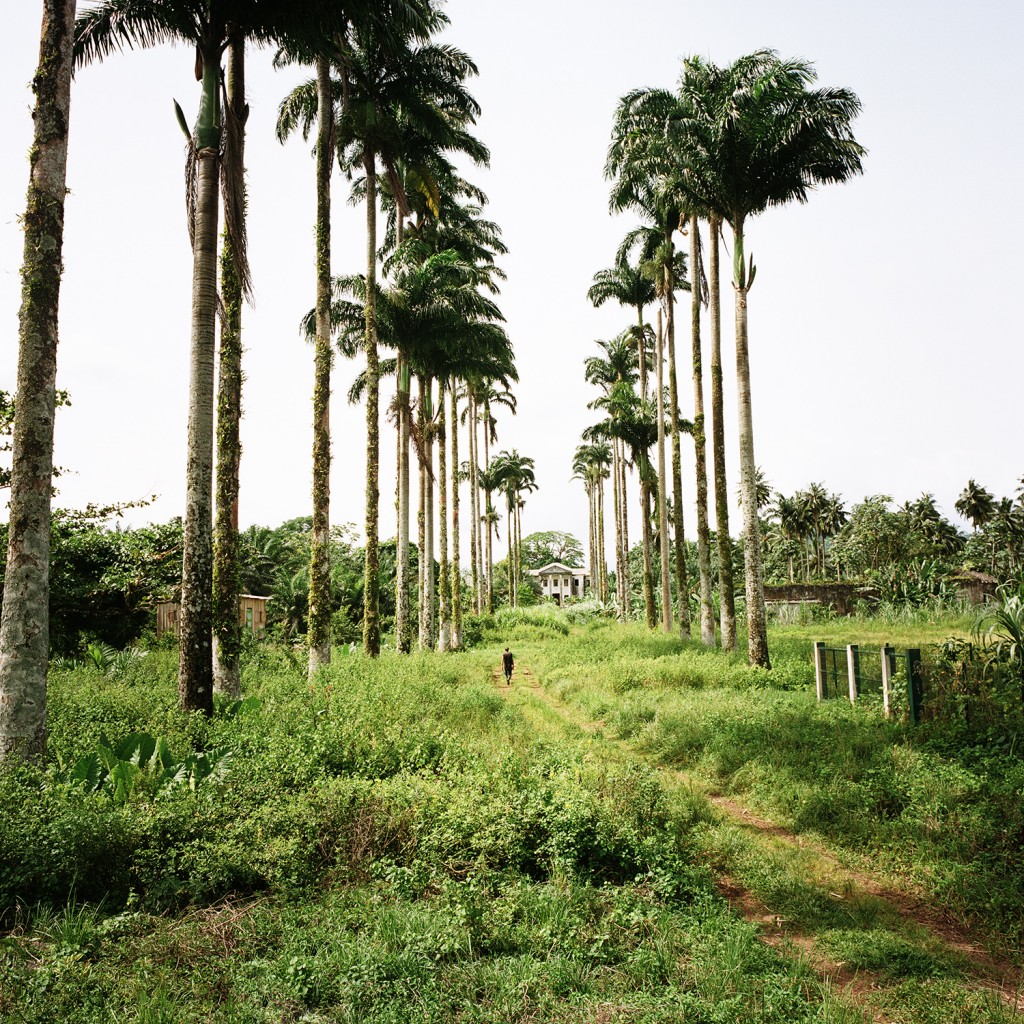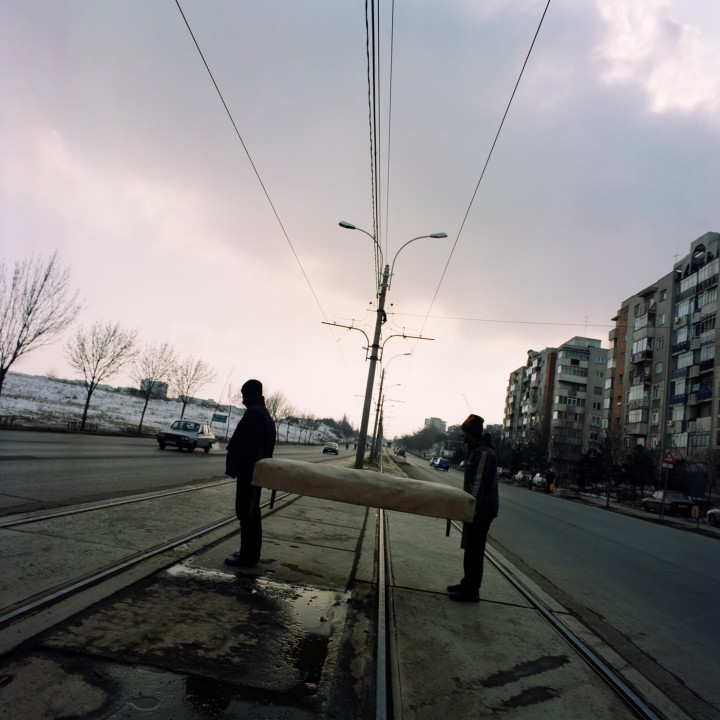Stranded in Paradise

From the early 16th century onwards, Portuguese settlers who had come to the new colony of Sao Tome and Principe started importing slave labour from the African mainland to work on the sugar plantations (or rocas) that were spreading across the lush islands straddling the equator off the western coast of Africa. By mid century Sao Tome had become Africa’s leading exporter of sugar and, after sugar production became dominated by Caribbean colonies, cocoa and coffee took over as the chief export crops. By the early 20th century the tiny nation had once again become the leader in cocoa cultivation. Yet trouble was brewing on the rocas where Portuguese companies and absentee landlords continued to exploit workers.
Though Portugal had officially abolished slavery in 1876, a system of forced labour continued to dominate the rocas. Contract labourers brought to Sao Tome from other Portuguese colonies, including Angola and Cape Verde, were given four-year contracts which stipulated that a small percentage of their wages would be held back to pay for their repatriation at the end of their stint on the plantation. Yet most imported labourers were illiterate and didn’t know what they were signing.
The need for imported labour became more pronounced after Sao Tomean labourers started to refuse to work on the plantations following a major strike in 1953 during which over 300 workers were killed in clashes with the authorities. For many of the foreign labourers their sojourn in Sao Tome ended up as virtual slavery, with plantation owners providing a meal and a place to sleep but little else.
Dominating each of the rocas was the casa grande, or Great House, where the white landowners, or patrao, lived in colonial splendour. The workers were confined to low brick buildings known as senzala which were strategically placed within view of the casa grande to enable landlords and foremen to keep an eye on the workers. As former colonies across Africa started to gain their independence from the 1950s onwards, Sao Tome also set out on the road to independence.
With the demise of the dictatorship in Portugal in 1974 the new government was keen to divest itself of the remaining colonies and in 1975 Sao Tome emerged as an independent country. For many of the landowners, however, the prospect of being ruled by their former colonial subjects was unbearable and thousands packed their belongings and departed the country that year, leaving their properties and their workers on the plantations they had cultivated for generations.
Contract labourers who had been brought to Sao Tome by their employers from other parts of the Portuguese colonial empire were now left stranded, with wages unpaid and no means to return home. Having had little contact with the world outside the plantations during their time in Sao Tome, few knew how to deal with the new authorities and no navigate their way to whence they had come.
To this day neither the Sao Tome government nor those of the countries which sent their labourers to work here are prepared to take responsibility for the thousands of stranded labourers, some of whom have now eked out a subsistence living on the abandoned plantations for three generations. The casas grandes stand abandoned like the day they were left and the workers continue to live in their accustomed sensalas, many now reminiscing about the days when their employers would feed them and provide basic medical care.
See the full essay at: http://www.panos.co.uk/stories/2-13-1801-2294/Alfredo-DAmato/Stranded-in-Paradise/



